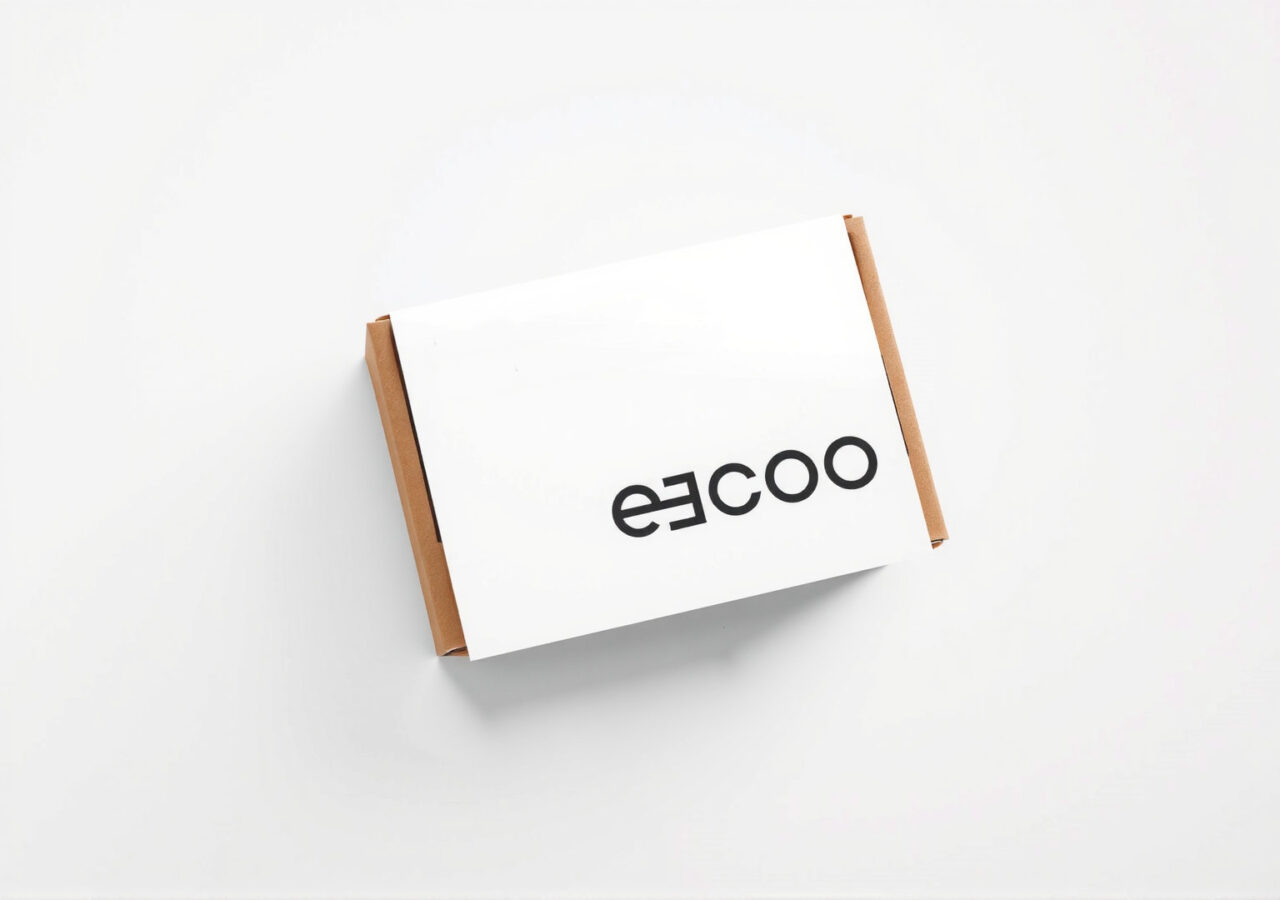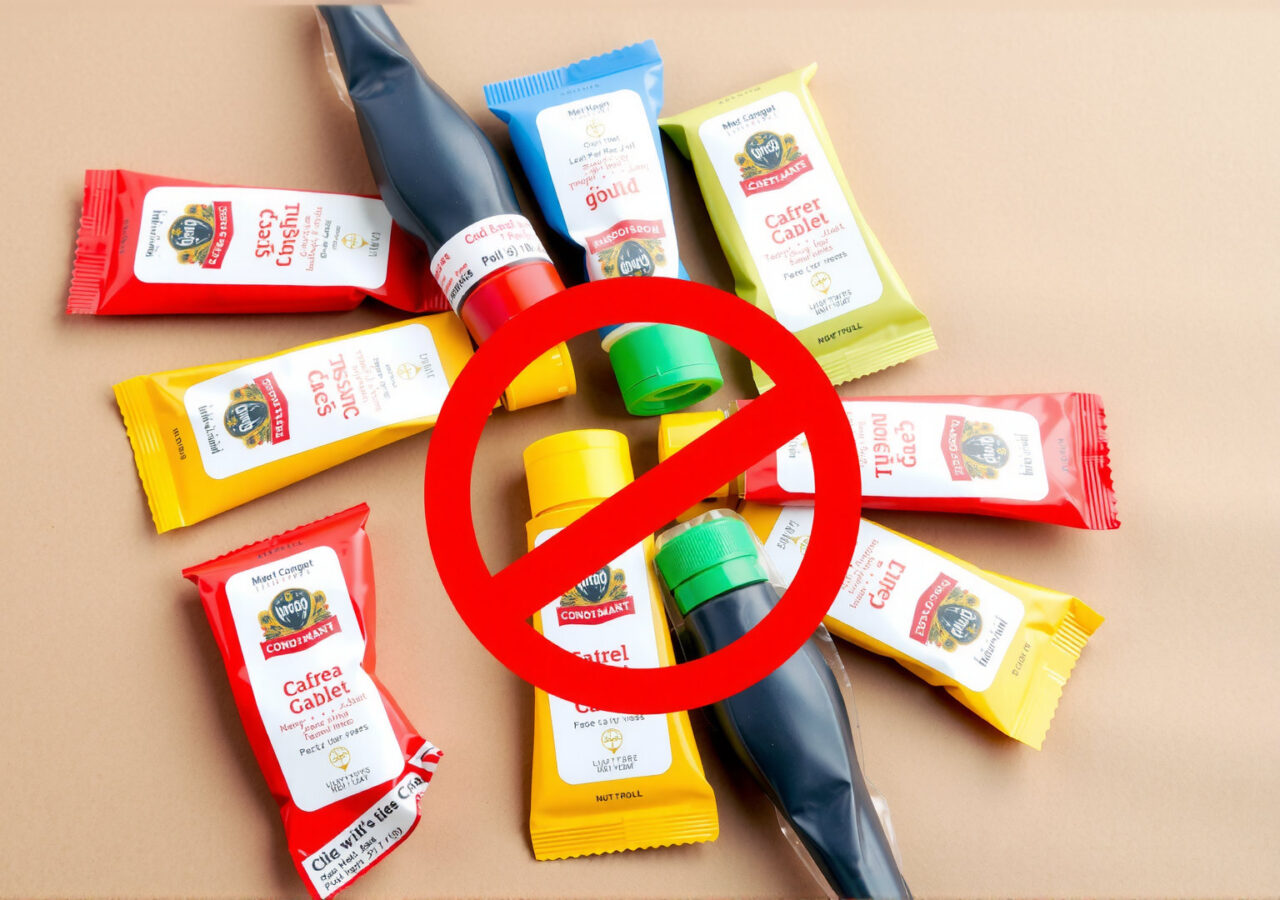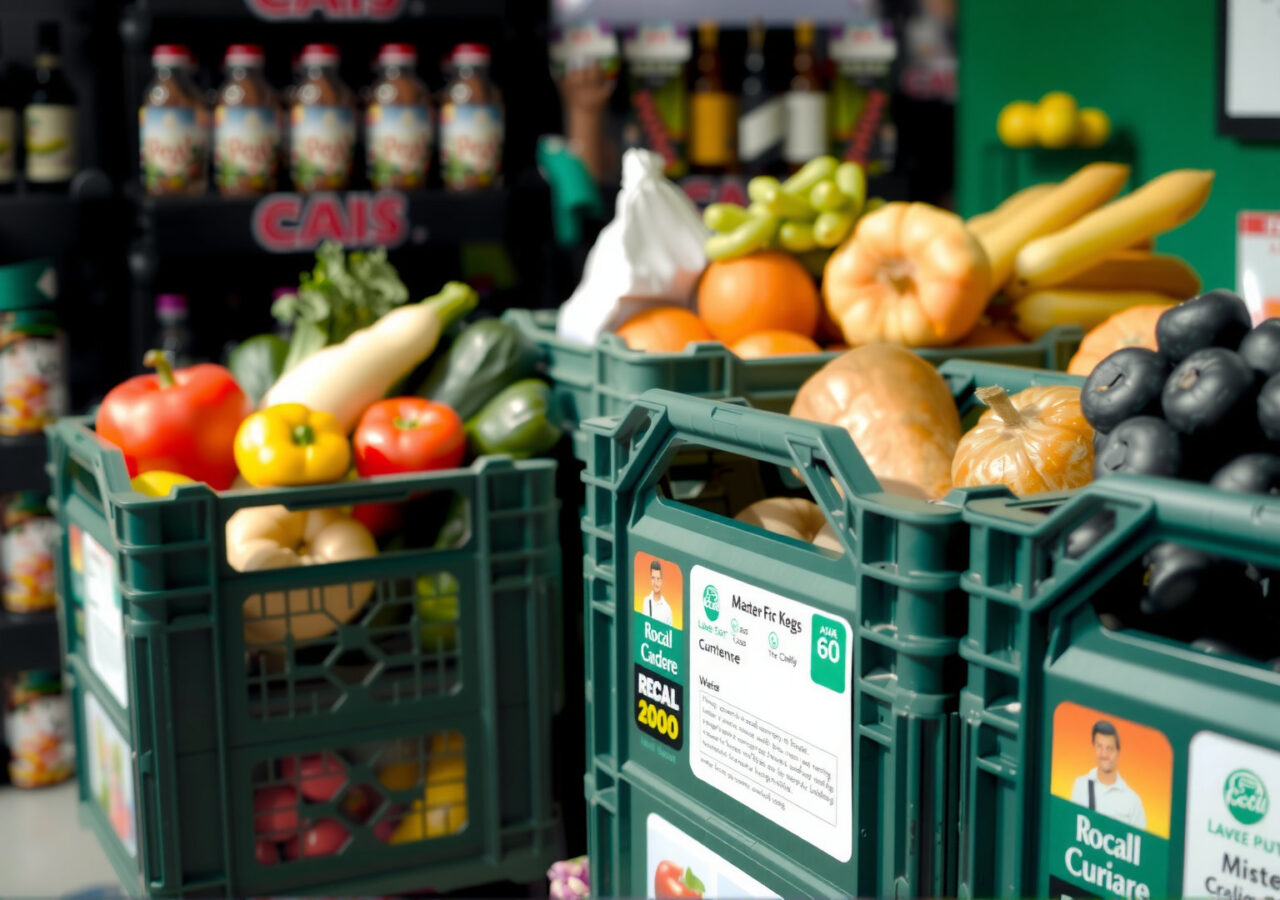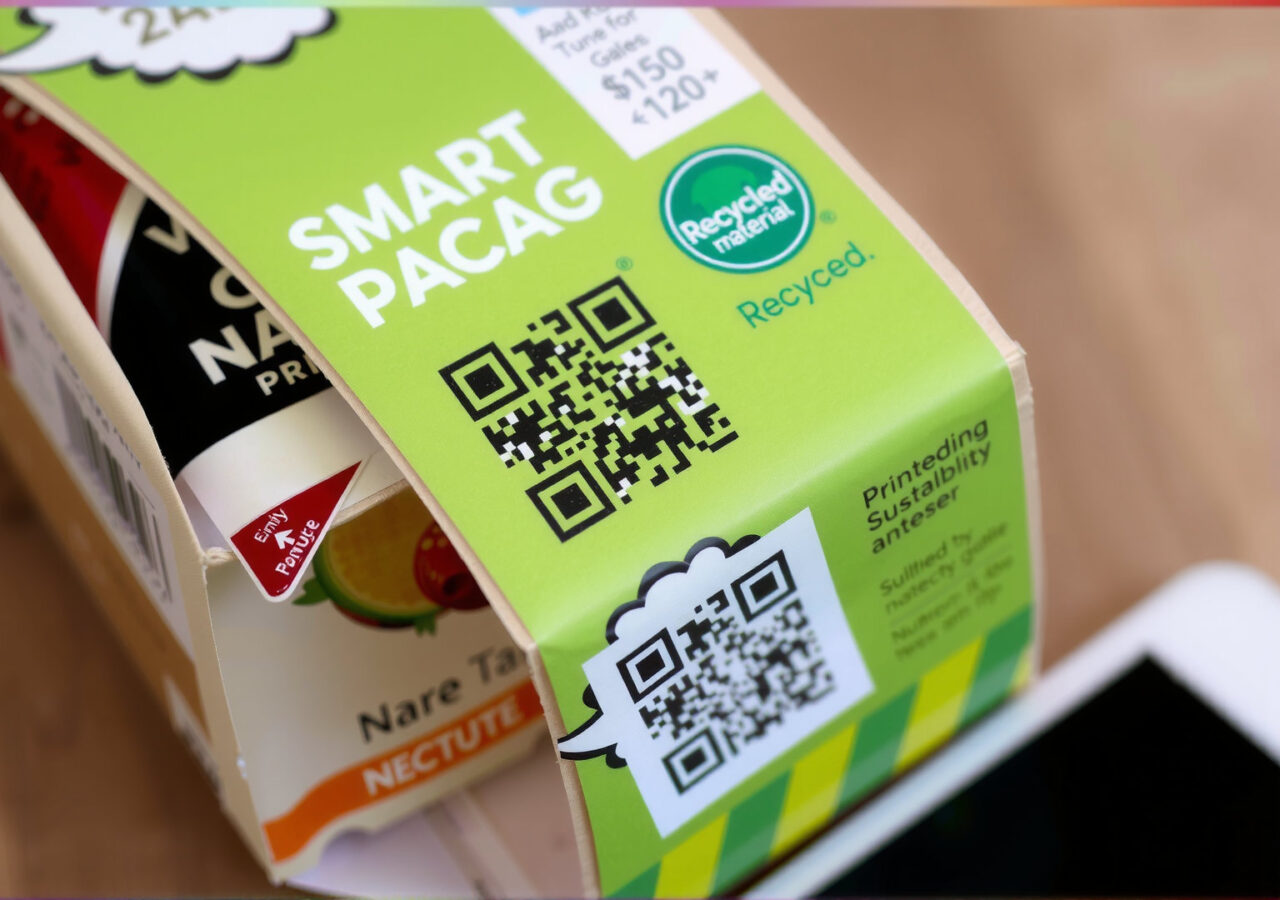In the dynamic world of packaging, sustainability has evolved from an emerging trend to a fundamental requirement for companies aiming to align with the expectations of conscious consumers and comply with increasingly stringent environmental regulations. Below, we explore the most relevant sustainable packaging trends for businesses, providing a detailed guide to adapt to this essential shift.
Sustainable materials: beyond recycling
The choice of materials is crucial in packaging sustainability. Companies are opting for recyclable, biodegradable, and compostable materials, such as recycled paper, cardboard, and bioplastics. For example, Grupo Bimbo has developed 100% compostable packaging for its Vital line, certified by the TÜV institute in Austria, demonstrating a tangible commitment to the environment.

Eco-design: efficiency from conception
Eco-design involves considering the entire lifecycle of the packaging, from production to final disposal. This translates into designs that use less material without compromising functionality, reducing environmental impact and associated costs. Companies like Coca-Cola have made progress in this area, achieving 99.9% recyclability of their packaging and using 100% recycled PET bottles in Spain.

Innovation in materials: alternatives to traditional plastic
The search for alternatives to conventional plastic has led to the development of innovative materials. A notable example is the olive oil bottle made primarily of paper by the Greek company Enia Foods, which reduces the carbon footprint by 84% compared to traditional glass bottles.

European regulations: adapting to new standards
The European Union has implemented strict regulations to reduce plastic waste. Starting in 2030, the use of single-use sachets for products such as ketchup and sugar will be banned, requiring companies to adopt reusable and sustainable solutions.

Circular economy: closing the packaging lifecycle
The circular economy focuses on keeping materials in use for as long as possible. Companies like Mercadona have implemented reusable crates for fruits and vegetables, which can be used over 120 times, significantly reducing material consumption and CO₂ emissions.

Technology and digitalization: towards smart packaging
The incorporation of technologies such as QR codes and NFC tags in packaging allows consumers to access information about the product’s sustainability, origin, and recycling options, fostering greater transparency and environmental commitment.

The transition to sustainable packaging is not just a response to market demands but an unavoidable corporate responsibility. At SG Colmar, with over four decades of experience in graphic arts and packaging, we are committed to offering solutions that not only meet our clients’ needs but also contribute to a more sustainable future. We invite businesses to explore our catalog of custom boxes and contact us to jointly develop packaging strategies that reflect a genuine commitment to the environment.
